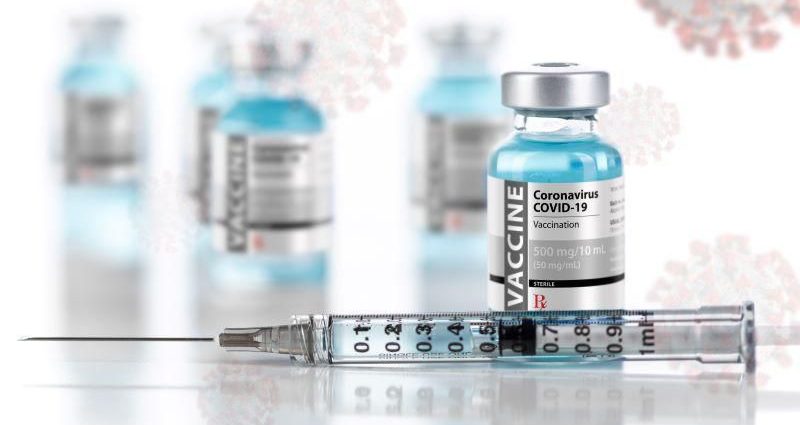WEDNESDAY, Aug. 17, 2022 (HealthDay News) — The Biden Administration plans to stop buying COVID tests, vaccines and treatments as early as the fall, White House COVID-19 Response Coordinator Dr. Ashish Jha said Tuesday.
Under that plan, those products would be provided through the regular health care system, Jha said at an event sponsored by the U.S. Chamber of Commerce Foundation, CNN reported.
“One of the things we’ve spent a lot of time thinking about in the last many months — and we’re going to continue this work, and you’ll hear more from the administration on this — is getting us out of that acute emergency phase where the U.S. government is buying the vaccines, buying the treatments, buying the diagnostic tests,” Jha said.
“My hope is that in 2023, you’re going to see the commercialization of almost all of these products. Some of that is actually going to begin this fall, in the days and weeks ahead. You’re going to see commercialization of some of these things,” he added, CNN reported.
While the government would still invest in next-generation vaccines and pandemic preparedness, commercialization on tests, vaccines and treatments would begin this fall and expand in 2023, he noted.
“This business of day-to-day running of a pandemic, that needs to transition, and we’re working very hard to make sure that transition is in a very orderly and transparent way, so everybody sees it coming,” Jha said.
That transition will require working through regulatory issues, market dynamic issues and equity issues, he explained.
“Right now, everybody can walk into a CVS and get a vaccine. I want to make sure that when we make this transition, we don’t end up at a point where nobody can get a vaccine because we didn’t get the transition right,” he said.
A deal for $10 billion in additional COVID funds did not pass Congress this year, so funding was shifted from increasing testing supplies and protective equipment in the national stockpile to buying updated vaccine boosters that offer some protection against new variants of the virus, such as the Omicron subvariants BA.4 and BA.5, CNN reported.
Those are expected in early to mid-September.
“I would like to get to a point where every adult in America who wants a vaccine can get one. I’m hopeful we will be there. We’re not quite there yet in terms of how many vaccine doses we’ve been able to buy,” Jha said.
“These are substantial upgrades in our vaccines in terms of their ability to prevent infection to prevent transmission,” he said. “Those vaccines are coming very, very soon. And so it’s going to be really important that people this fall and winter get the new shot. It’s designed for the virus that’s out there. And again, based on everything we’ve seen so far, all the data suggests it should be highly effective against the new variants.”
This year could also see a resurgence of the flu, which had limited spread the past two years because of masking and similar social distancing efforts, CNN reported.
“I expect the fall and winter to look much more like the fall and winter of 2019, with a lot less mitigation,” Jha said.
“Under normal non-pandemic times, flu really stretches our health-care system,” Jha said. “Throwing COVID on top of that, our health care system is going to get into serious trouble unless we are very proactive about preventing it, if we do nothing and just sort of hope for the best.”
More information
The U.S. Centers for Disease Control and Prevention has more on COVID-19.
SOURCE: CNN
Copyright © 2026 HealthDay. All rights reserved.

